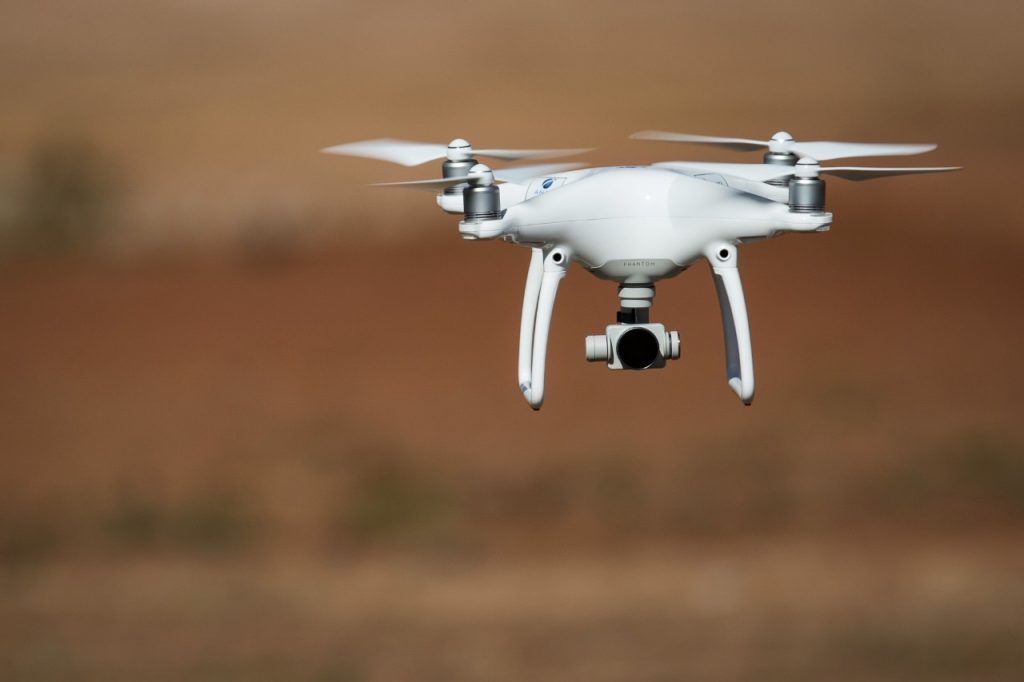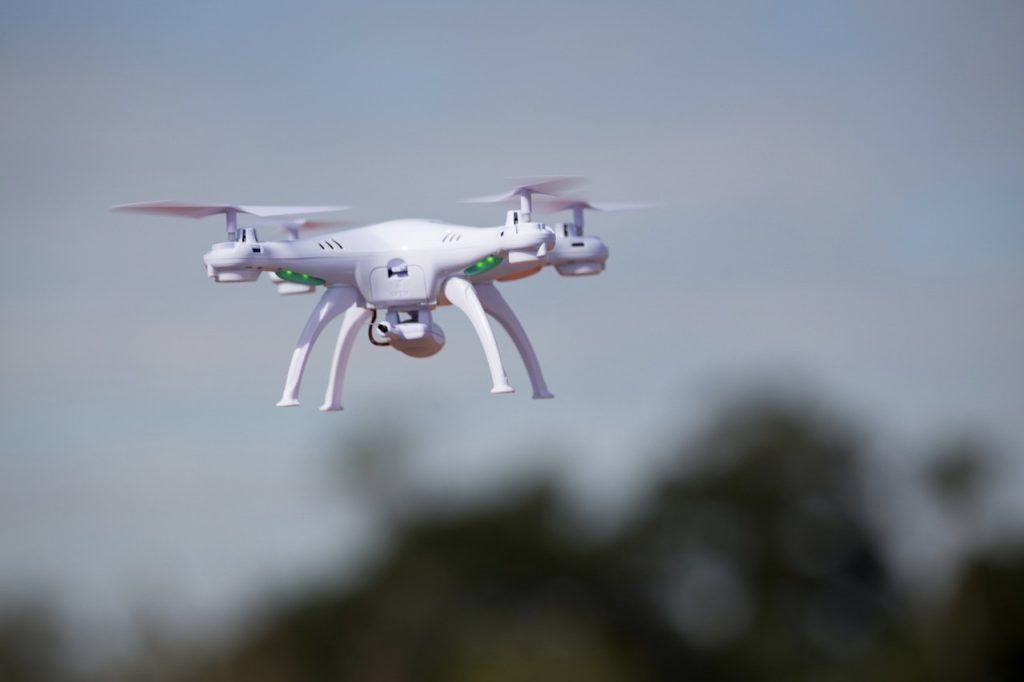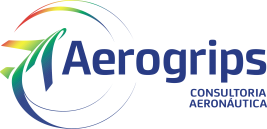Equipment Regulation

According to the regulations in force, the RPAs are divided into 4 classes:
Aeromodels – Unmanned aircraft for recreation purposes;
RPA Class 3 – Unmanned airplanes, with the maximum takeoff weight of 55lb or less, piloted from a remote piloting station for various purposes, including recreation.
RPA Class 2 – Unmanned airplanes, with the maximum takeoff weight of more than 55lb and less than or equal to 331lb, piloted from a remote piloting station for various purposes, including recreation.
RPA Class 1 – Unmanned aerial aircraft, with maximum takeoff weight greater than 331lb, piloted from a remote pilot station for various purposes including recreation.
The various Brazilian governmental authorities involved (ANATEL, ANAC, and DECEA) require specific processes and documents for the regularization of the RPAs, according to the equipment class. It is the responsibility of the operator to identify the requirements applicable to his equipment and to seek regularization of the same with each of the authorities, before beginning to use it.
Aerogrips, specializing in the regulation applicable to Brazilian aircraft, offers its services to conduct the processes necessary to regularize its equipment. Contact us!
Operating Permits

According to the regulations in force, any RPA, regardless of the purpose of the flight, that wishes to operate outside confined space (private property where the flight is authorized) or more than 98.4ft from the ground, must request authorization to perform the operation with the Department of Air Spray Control (DECEA).
Aerogrips is a company specializing in air traffic regulations and rules that have been active in obtaining authorizations for aircraft operators for more than 15 years, and which puts its expertise at your disposal to obtain the necessary authorizations for the regular operation of your equipment. Contact us!
